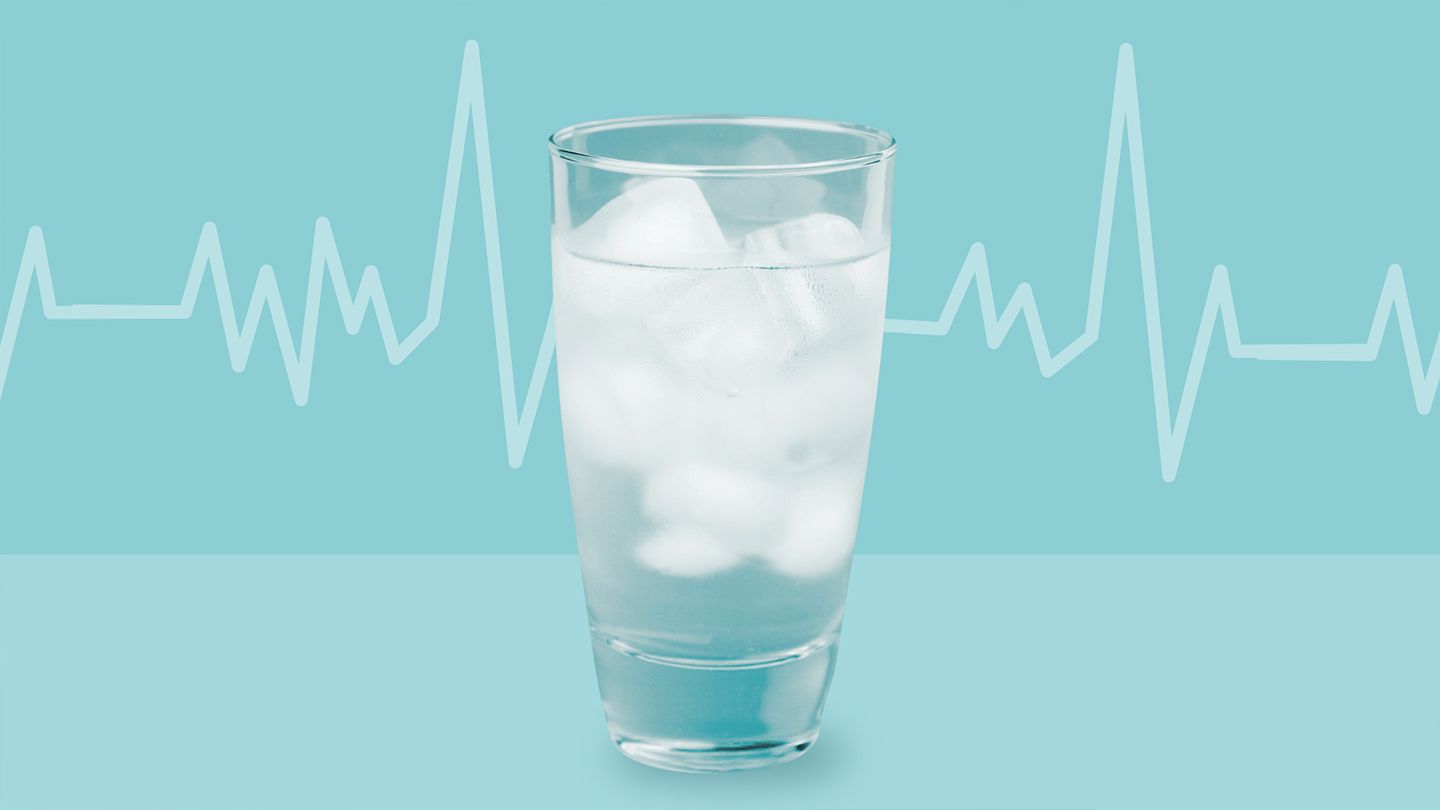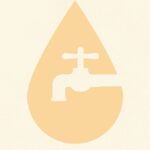“Our study confirms this is a real problem for some people,” says David Vinson, MD, a senior author of the study and an emergency room physician and researcher at Kaiser Permanente in Roseville, California. “But it’s an unpredictable trigger.”
Dr. Vinson first wrote about cold drink heart as a case study (usually a report of a single patient’s symptoms, diagnosis, and treatment published in a medical journal) in 2022 — and says he subsequently received numerous emails from people with afib worldwide thanking him for validating their experiences.
The latest research, published in the Journal of Cardiovascular Electrophysiology, is thought to be the first survey to ask people with afib about their experiences with flare-ups triggered by cold foods and drinks.
Vinson says he hopes patients and doctors will pay attention. “Sometimes, until something appears in the medical literature, physicians may not think it’s a real thing,” he says.
What Is Atrial Fibrillation (Afib)?
About 10.5 million Americans (about 5 percent of adults in the United States) live with afib.
- Poor sleep
- Alcohol
- Caffeine
- Excessive exercise
- Diet
- Stress
- Dehydration
Randy Gould, DO, a cardiologist at Manhattan Cardiology in New York City, who wasn’t involved in the new survey, suspects that cold foods and drinks can trigger afib because of how close the esophagus passes by the heart: “It is possible that when cold substances pass through [the esophagus], this stimulates the vagus nerve, causing a change in someone’s heart rhythm, leading to atrial fibrillation.”
The vagus nerve is one of the main nerve systems of the body, and it regulates digestion, the immune system, and yes, the heart.
How Cold Foods and Drinks Impact People With Afib
The new study included about 100 adults, some of whom were emergency room patients at Kaiser Permanente Northern California. These participants were asked if they’d recently had cold food or drinks when they came in with afib episodes. The other participants lived around the world and contacted the researchers after seeing their earlier case study on the topic.
Participants were given an online survey of 28 questions designed to collect information about their experiences with afib and cold food and drinks.
About half of subjects (51.5 percent) reported that afib episodes happened after consuming cold foods or drinks, and 48 percent said their episodes occurred both with and without cold foods and drinks. They named ice water, smoothies, milk, yogurt, and ice cream as common triggers.
However, only 3 percent said cold foods and drinks were consistent triggers.
“In other words, most people with ‘cold drink heart’ were often able to eat cold foods or drinks without developing symptoms of atrial fibrillation,” Vinson says, adding that this is why some patients may not be aware of cold drink heart and why the subject is understudied.
Many participants reported regularly steering clear of cold foods and drinks because of their afib, and among this group, 86 percent said this habit helped eliminate or greatly reduce their arrhythmia.
The most common avoidance behaviors were:
- Reducing the speed of ingestion
- Avoiding straws
- Allowing drinks to warm up to room temperature
- Warming liquids in the mouth before swallowing
“This is something all people with atrial fibrillation should be aware of, because if they find that cold drink is a trigger, it’s a trigger that they can control,” Vinson says. “It might not be their only trigger, of course.”
Most study participants also said they mentioned their cold drink heart experiences to physicians, but more than half (52.4 percent) reported that their healthcare providers were dismissive.
It’s Still Early Days in Studying Cold Drink Heart
The study subjects were 75 percent male and 44.5 years old on average when ‘cold drink heart’ symptoms began, so the results may not directly apply to everyone with afib. Additionally, researchers relied on surveys where participants self-reported their experiences with cold drink heart, which means these reports could contain inaccuracies.
Vinson says researchers were also limited by a dearth of studies from which to compare theirs.
“Until now, the only published articles on this topic have been case reports,” he says. “We need more physician researchers to be asking patients about this trigger so we can better understand this condition.”
This research could also help healthcare providers understand how likely healthy, middle-aged patients with cold drink heart are to develop chronic afib later in life, he adds.
What to Know if You Have Afib
The research demonstrates that cold drink heart is a “significant, specific trigger for many patients developing atrial fibrillation,” says Dr. Gould.
There are many afib triggers, and not everyone with the condition has the same ones, he notes. “That’s why it’s important to identify for each patient what potentially may be their trigger — then it can be avoided.”
More research is needed on cold drink heart to potentially uncover the mechanism causing it, Gould says. Then, it may be possible to develop medications to prevent afib episodes for this population.
“There is much yet to be learned, and this study of ours is only the first step,” Vinson says.
Read the full article here




